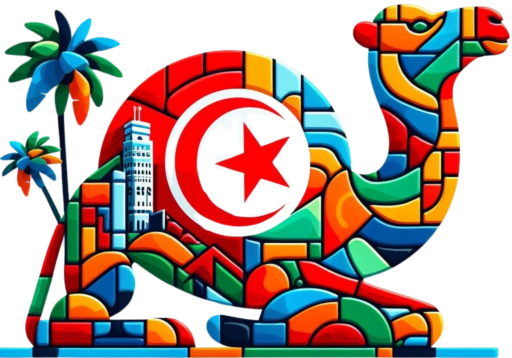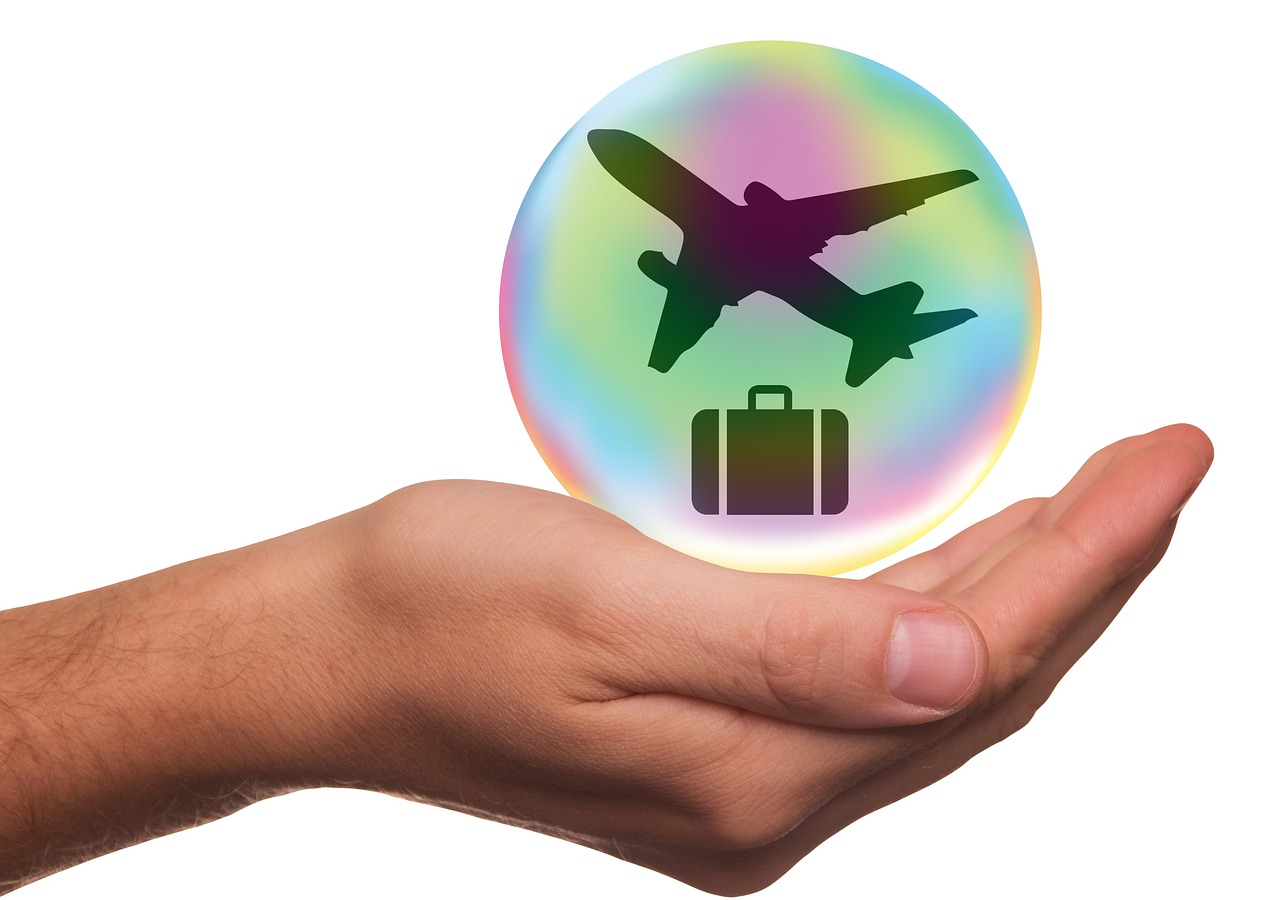Table of Contents
Introduction to Health Insurance
We hope you’ll never need it, but during a trip something can always go wrong. That is why, especially when you are outside the European Union, it is wise to take out travel insurance.
Tunisia Health Insurance is a fundamental element for anyone planning a trip to the North African country. Whether it is a short vacation or a prolonged stay, protecting your health is an absolute priority.
The Tunisian healthcare system, although continuously evolving, presents some differences compared to European standards. For this reason, taking out a supplementary health insurance policy becomes essential to ensure adequate care in case of need.
Types of Health Insurance
There are several types of health coverage for those traveling to Tunisia. The choice depends on the duration of the stay and the specific needs of the traveler.
Basic Insurance
- Coverage for medical emergencies
- 24/7 assistance
- Medical repatriation
Supplementary Health Insurance
Supplementary health insurance offers broader protection, including additional services such as:
- Specialist consultations
- Diagnostic tests
- Hospitalization in private facilities
Private Health Insurance
Private health insurance represents the most comprehensive solution, guaranteeing:
- Access to the best private facilities
- Coverage for pre-existing conditions
- Personalized assistance
Coverage and Included Services
Tunisia Health Insurance policies offer various types of coverage, adaptable to individual needs.
Basic Services
- Emergency care and treatment
- Hospitalization
- Essential medications
Premium Services
Private health insurance includes additional services such as:
- Emergency medical transport
- Language assistance
- Telemedicine consultations
Costs and Quotes
The costs vary based on the type of coverage chosen and the duration of the stay. For a personalized quote, you can consult World Nomads, a platform specialized in travel insurance.
Factors That Influence the Price
- Age of the insured
- Duration of the stay
- Type of coverage chosen
- Pre-existing medical conditions
Tips for Choosing
Before subscribing to Tunisia Health Insurance, carefully consider:
- The duration of your stay
- The activities you plan to undertake
- Any pre-existing medical conditions
Frequently Asked Questions
- Is health insurance compulsory in Tunisia?
It is not compulsory, but it is strongly recommended due to the differences between the local healthcare system and the European one. - What does basic health insurance cover?
It covers medical emergencies, 24/7 assistance, and medical repatriation if needed. - How much does health insurance for Tunisia cost?
Costs vary from €30 to €100 per week, depending on the type of coverage chosen. - Does the insurance cover COVID-19?
Many policies now include COVID-19 coverage, but it is important to specifically verify this clause.
Conclusion
Taking out Tunisia Health Insurance is a crucial step to travel safely. Choosing the right policy can make a difference in case of medical needs during your stay.
Carefully evaluate the different options available and choose the coverage that best suits your needs, always considering the quality-price ratio and the reliability of the insurance company.
Read more of our articles about Tunisia.
We leave you a short video on the topic:






